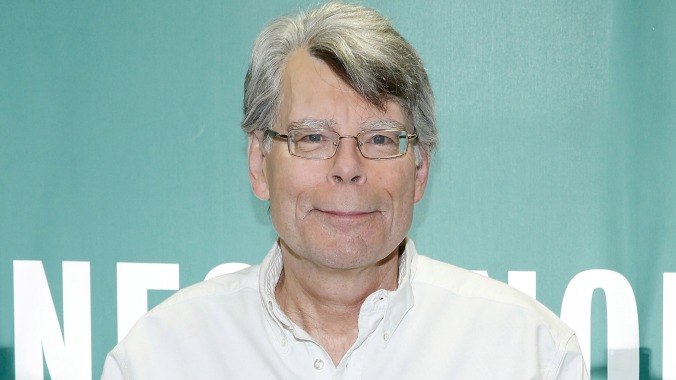Stephen King says the Oscars are "rigged for white people" in new op-ed

Stephen King, whose name will flood our streamers and cinemas forevermore, drew the ire of many earlier this month when he fired off a poorly-worded tweet about how diversity isn’t a factor for him when voting in the Academy Awards.
“As a writer, I am allowed to nominate in just 3 categories: Best Picture, Best Adapted Screenplay, and Best Original Screenplay,” King wrote on January 14. “For me, the diversity issue—as it applies to individual actors and directors, anyway—did not come up. That said I would never consider diversity in matters of art. Only quality. It seems to me that to do otherwise would be wrong.”
It was an incredibly tone-deaf tweet in light of the striking lack of diversity on display in this year’s nominees. And of the many people who decried King’s perceived implication that diversity can be glided over in today’s climate was When They See Us director Ava DuVernay. “When you wake up, meditate, stretch, reach for your phone to check on the world and see a tweet from someone you admire that is so backward and ignorant you want to go back to bed,” she tweeted in response.








































